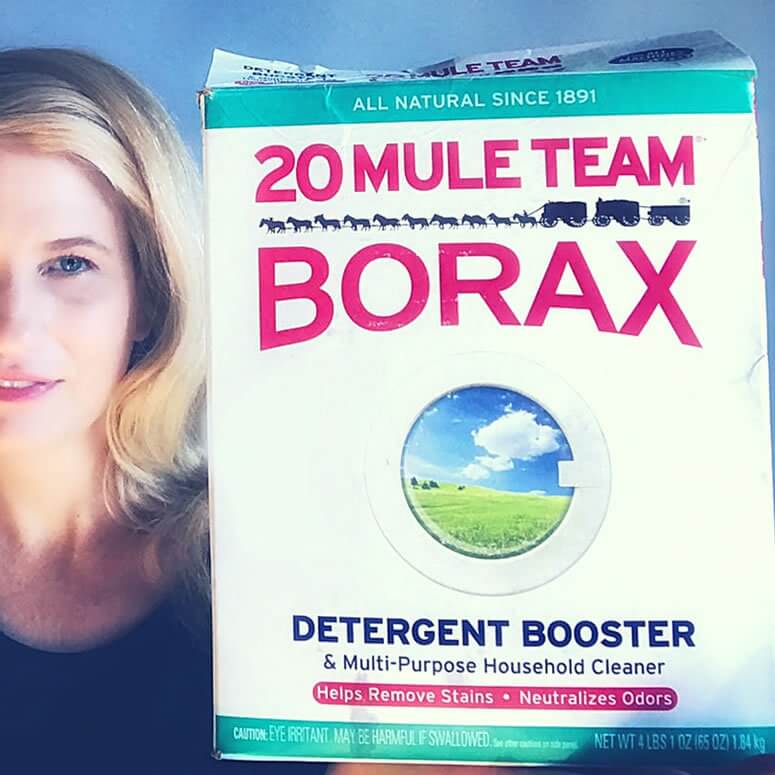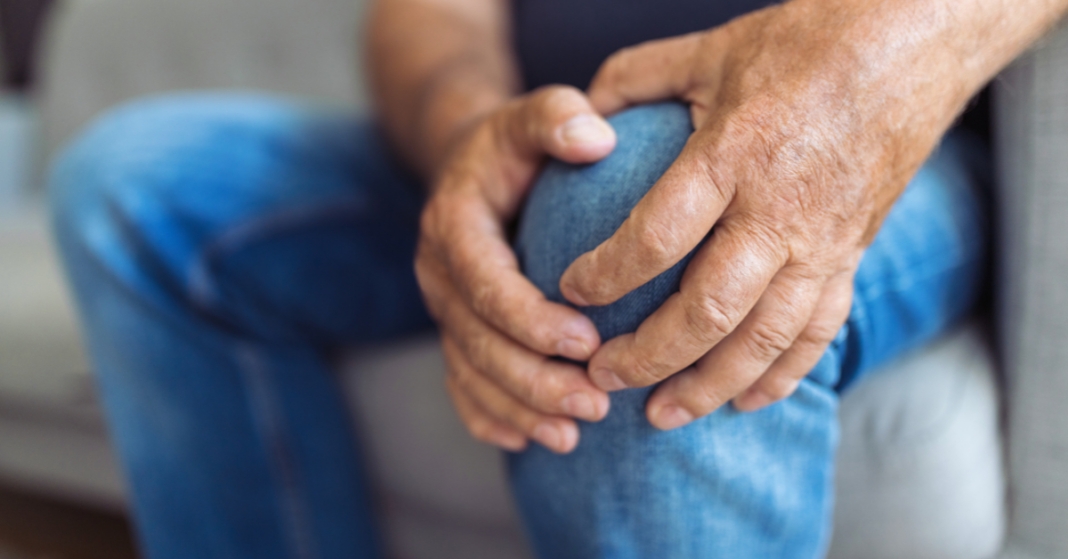In my freebie download concerning osteoporosis I drew attention to the little-known requirement for boron. It’s very important for bone health and bone density. In fact it’s vital. But who takes boron supplements? Not many people, I’ll warrant!
I first came across the story told by Rex Newnham, a naturopathic doctor and osteopath who, at that time, lived very near me in the north of England. In a few words, Newnham had developed arthritis and became interested in its physiology.
A long path of enquiry led him to discover that arthritis was especially prevalent in areas where sugar cane is grown, such as Fiji and Mauritius. The fast-growing cane plant leeches the surrounding soil of vital mineral elements, including calcium.

Sugar cane is a greedy plant!
Conversely, the incidence of arthritis was low where the soil is well mineralized: notably New Zealand, which is built of volcanic lava, upwelling from the Earth’s crust.1
Even the Dead Sea is rich in boron and many have made claims that bathing in this water will heal many diseases including arthritis. Dr. Zve Bentwich has written a paper that shows there is 0.35% of the population with rheumatoid arthritis (very low incidence indeed) and he estimated that a similar number had osteo arthritis (OA).2 (OA),
So, knowing that boron aids calcium metabolism in plants Newnham decided to try it. He started taking 30 mg of borax a day (quite a high dose), and in three weeks all pain of his arthritis, the swelling and stiffness had disappeared.
He told public health and medical school authorities in and around Melbourne about his discovery but they were not interested.
Instead, Newnham took to selling it privately and some people with arthritis were delighted as they improved. Others were scared to take something which is labeled as a poison and used to kill cockroaches and ants! Eventually he had tablets made with a safe and effective quantity of borax.
Within five years and only by word of mouth he sold 10,000 bottles a month.
He could no longer cope with the demand and by 1981 asked a drug company to market it. That was a major mistake. They indicated that this would replace more expensive drugs and reduce their profits. Very soon afterwards Australia instituted a regulation that declared boron and its compounds to be poisons in any concentration. A coincidence? I don’t think so! Newnham was fined $1000 for selling a poison, and this successfully stopped his arthritis cure from spreading in Australia.
The Attack On Borax For Arthritis
Arthritis in its various forms and its close relative osteoporosis affect about 30% of the population in developed countries. Obviously, the treatment of related pain is an enormous source of profits for Big Pharma, not to mention hip and knee replacement surgery. Predictably therefore, borax has come into a storm of controversy.
It is now being demonized as a source of reproductive toxicity. The EU is leading the campaign against borax and has re-classified it accordingly, based on ancient science (they dragged up and old and silly paper from 1972!)
This paper was not based on human data at all; merely animal studies which showed borax is totally safe at doses of up to 2 teaspoonsful a day (17.5 mg boron/kg/day) but they went ahead and banned it anyway “because there were no human data”.3
That’s crazy: even sodium bicarbonate, with an animal LD50 of 3360 mg/kg, is nearly twice as toxic as borax!
You can guess who is behind the phoney perversion of information, used to discredit anything which threatens the pharmaceutical industry.
As one writer put it:
Regardless of the lack of any scientific credibility, the stage has been set for borax and boric acid to be globally removed from public sale at short or no notice. Even low-level and less effective boron tablets are now tightly controlled by the pharmaceutical industry, and may be restricted at any time through the infamous Codex Alimentarius regulations. With this the medical-pharmaceutical system has safely defused any potential danger that borax may have posed to its profitability and survival.
Better Science
Newnham’s final recommendations before his death in 2008 are as follows:
It is obvious that this average of 1-2 mg per day boron intake is not sustainable as regards good health. We need in the region of 6 to 8 mg per day and that will sustain good health as regards arthritic diseases. When we talk about sustainable medicine we should really be talking about sustainable health, and when this is applied to arthritic diseases and osteoporosis we need a good supply of boron and 6-8 mg a day is sufficient. Those with active disease are helped with 9-10 mg a day. I have been taking a boron supplement for 30 years and my wife also takes it every day and we have no joint problems.4
Meantime, The Human Nutrition Research Center in North Dakota has furthered some of Newnham’s work and they have shown how 3 mg a day of boron will reduce the average loss of calcium in post menopausal women from 117 to 64 mg per day. The same boron will also raise the level of 17 beta estradiol to normal in these women. Dr. Forrest Nielsen shows that boron and calcium work together at the cell membrane and this affects the modification of hormone action. 5
Now there are many others who have shown how the arthritic diseases are associated with allergies, which is where I got interested in the 1980s. Allergies can also be caused by problems at the cell membrane level where the allergen or histamine or similar do not move freely across cell membranes. It looks as if boron may be very relevant here. In order to sustain good health we need 6 mg a day or more of boron which is now a food supplement or a medicine in some places. This is sustainable and is even essential for health.
What To Do When Using Borax For Arthritis
In some countries such as Australia, New Zealand and the USA, you can buy borax in the laundry and cleaning section of your supermarket. Brand Names include 20 Mule Team (USA, Mexico), Hovex, Bare Essentials (Australia).

Avoid any borax that has added ingredients or scent and be especially careful of substitute laundry treatments that are NOT borax. And do not take BORIC ACID; it’s not safe. There is no “food-grade” borax available or necessary. All borax is the same and “natural”, and usually mined in California or Turkey, whether it has been packed in China or any other country.
The label usually states that it is 99% pure (or 990g/kg borax) which is safe to use, and is the legal standard for agricultural grade borax.
However, we don’t need borax. Today, it’s easy to buy boron tablets online (eg. Amazon). The recommended dose is 3 mg. You can take 3 tablets a day for the first few weeks and then cut back to a maintenance dose.
Rex Newnham wrote that commonly people can get rid of their pain, swelling and stiffness in about 1 to 3 months. He also stated that patients with rheumatoid arthritis commonly experience what we call a “Herxheimer reaction”, meaning a flare up, and that this is always a good prognostic sign. They must persevere and in another 2 or 3 weeks the pain, swelling and stiffness will be gone.6
Who would have thought that borax and arthritis go hand-in-hand?
To healthy joints galore!
Prof.
Bio:
Rex E. Newnham PhD, DO, ND, was born and raised in Christchurch, New Zealand, and received his initial medical and science training there and in Australia. A teacher of Chemistry, soil science, agricultural botany, biology and geology for over thirty years Dr.Newnham’s investigations into nutrition began with a search for relief from his own arthritis, an affliction that became his primary field of inquiry. From this beginning, he went on to study homeopathy, naturopathy and osteopathy and earned a PhD in nutrition. He operated clinics in New Zealand, Australia and Britain and undertook nine trips around the world researching the epidemiology of arthritis and the general effects of nutrition on human health. He eventually lived in Cracoe, near Skipton in the Yorkshire Dales, England, until his death in April 2008.
SOURCES:
1. “Beating Arthritis and Beating Osteoporosis,” by Rex Newnham
2. Bentwich Z. & Talmon Y. Prevalence of Rheumatois Arthritis in an Israeli Population. Hebrew University 1980
3. http://echa.europa.eu/documents/10162/17230/supdoc_boric_acid_20100609_en.pdf
4. http://rexnewnhambonesupportformula.com/
5. Nielsen F.H, Biochemical and Physiological Consequences of Boron Deprivation in Humans, Environmental HeaIth Perspectives. Vol. 102, Supplement 7, Nov. 1994. P59-65
6. http://www.arthritistrust.org/Articles/Boron and Arthritis.pdf




